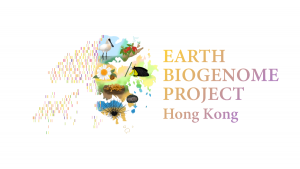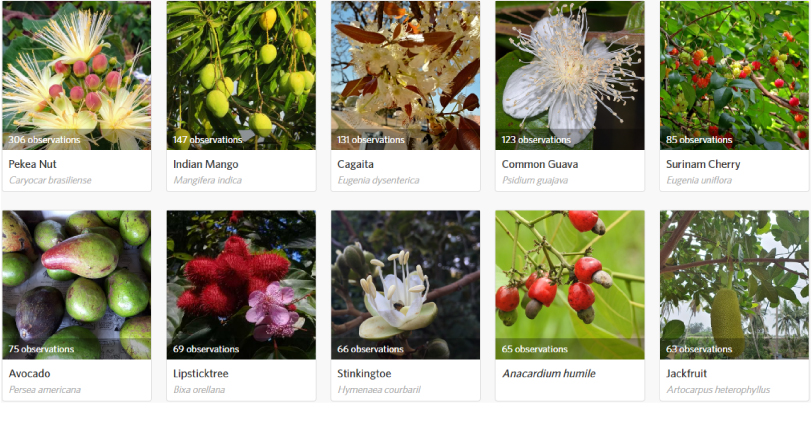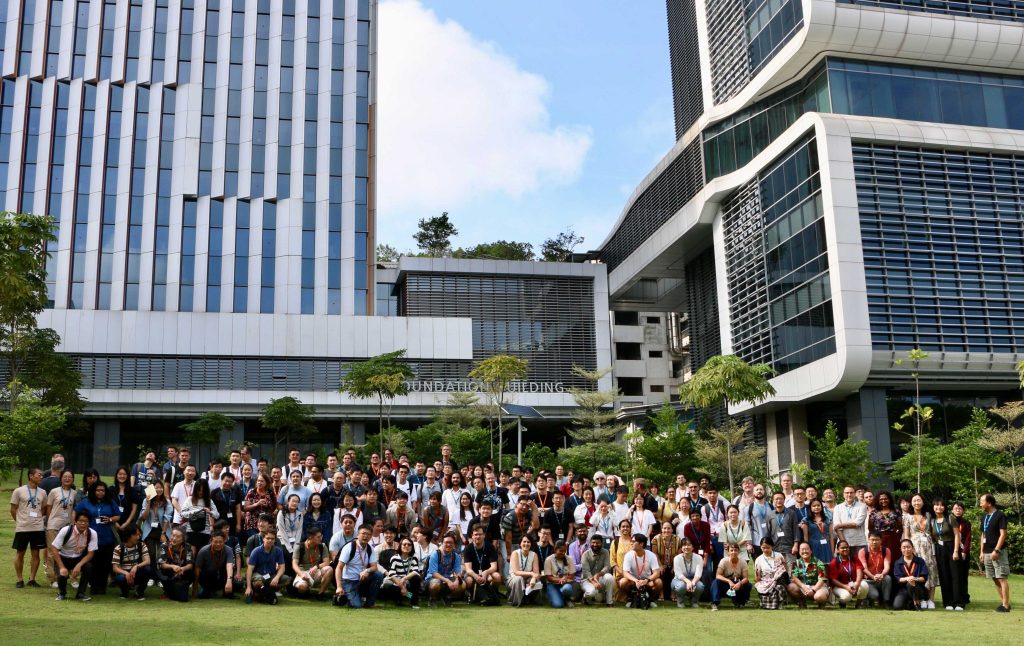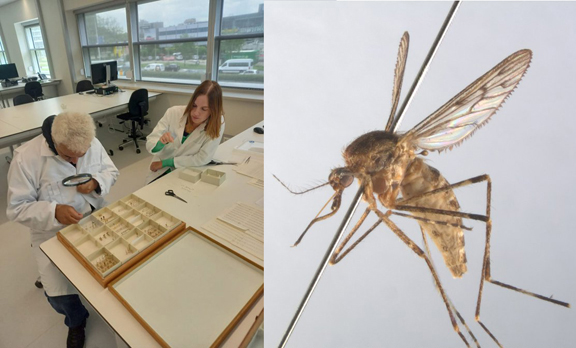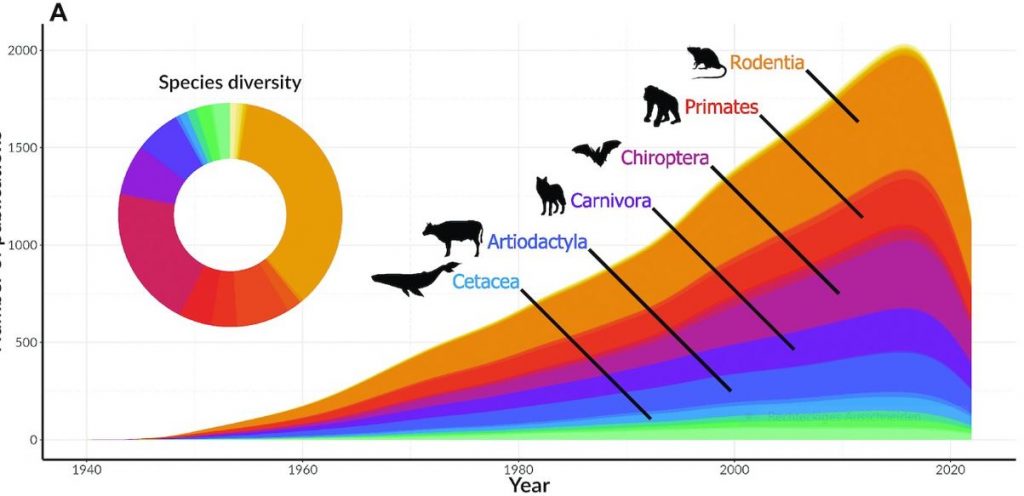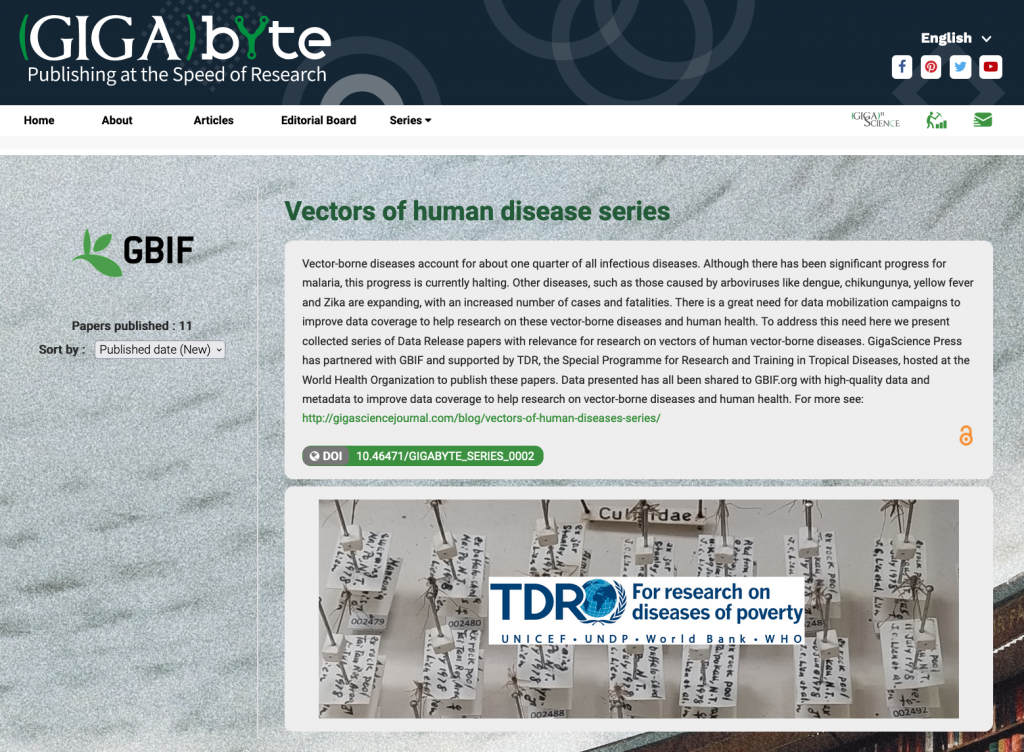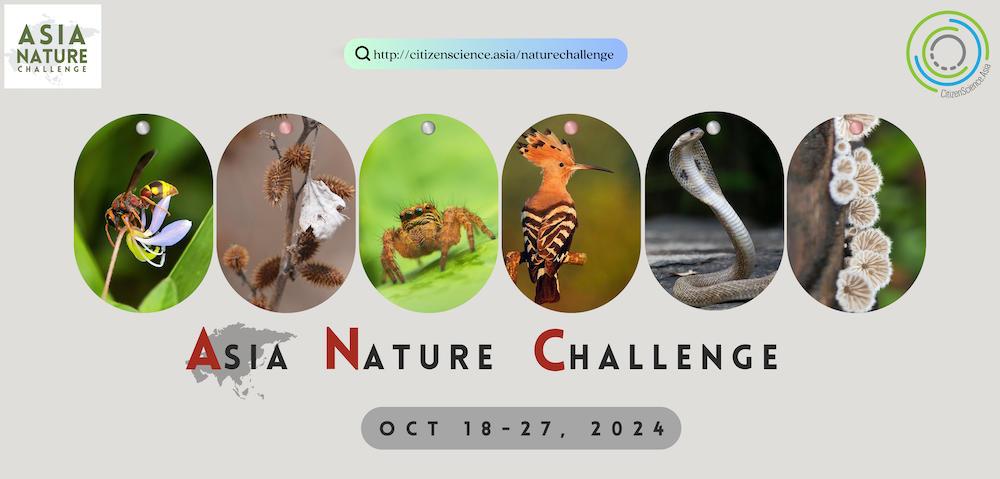
GigaScience Press is helping CitizenScience.Asia mobilise Citizen Scientists Across Asia for a groundbreaking biodiversity initiative from October 18 to 27 2024. Regular readers will have seen our efforts to promote and amplify citizen science projects, citizen science being a key driver of “Open Engagement of Societal Actors”, which was highlighted by UNESCO as one of the four fundamental pillars of Open Science (and flagged


